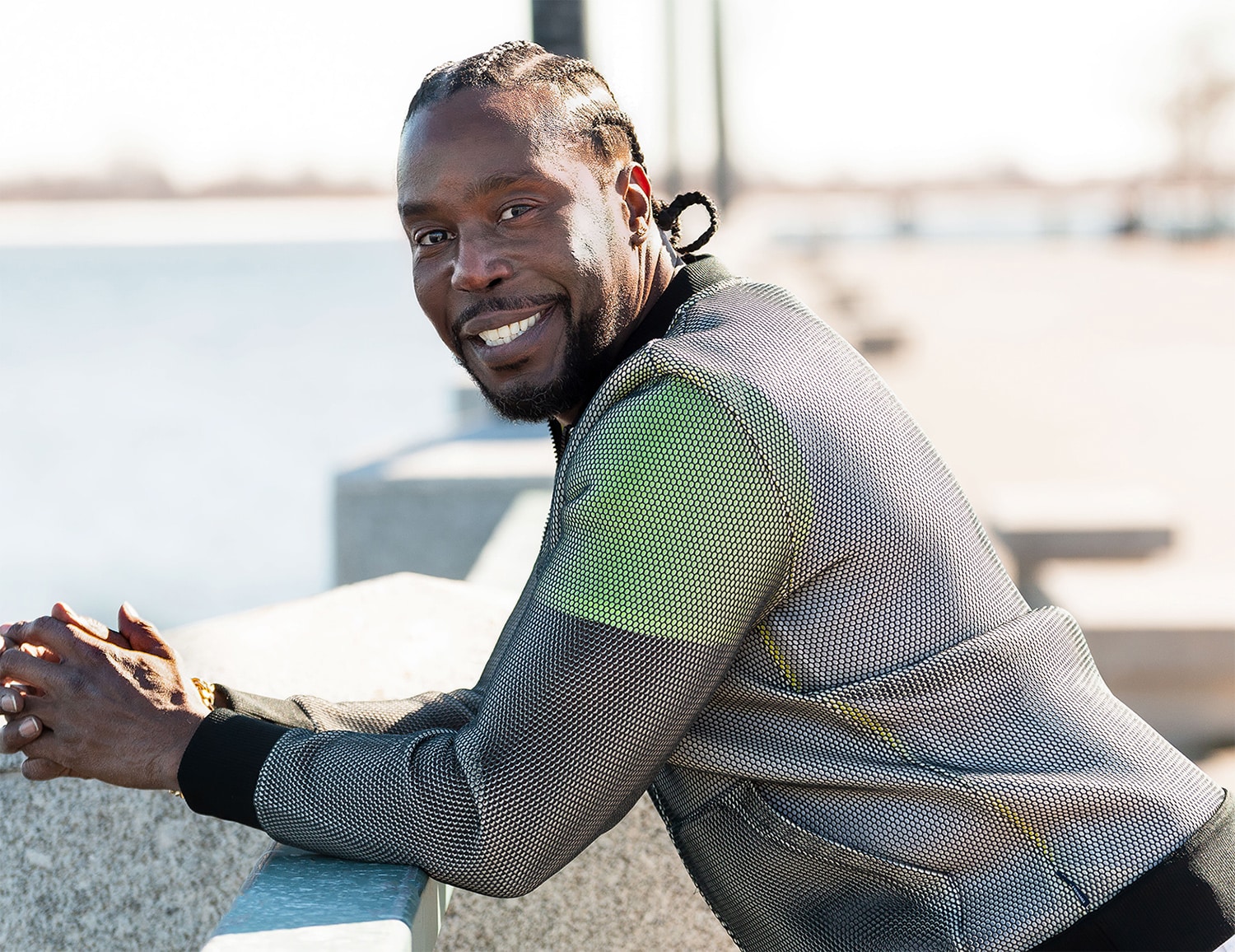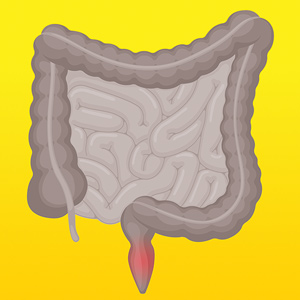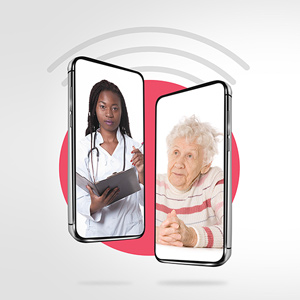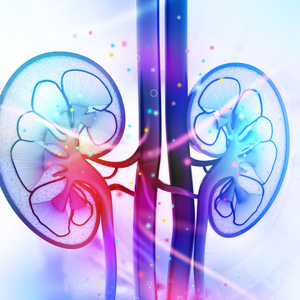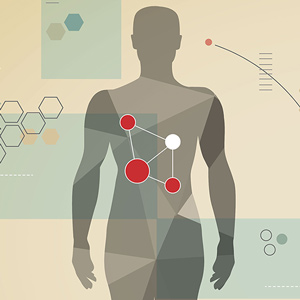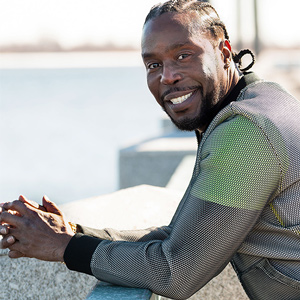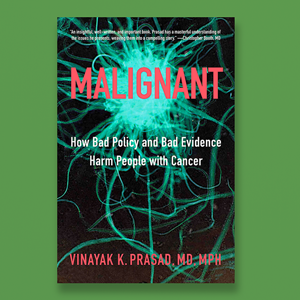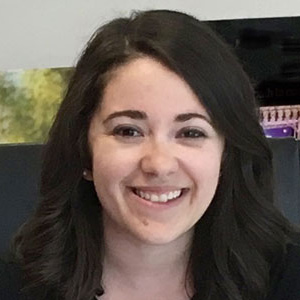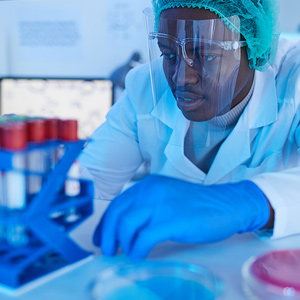Spring 2021 Vol. 11 Issue 01
-
From the Editor-in-Chief
Cancer in Adolescents and Young AdultsPatients in this age group have particular needs, and cancer centers are beginning to tailor programs for them.
by William G. Nelson, MD, PhD
-
Your Cancer Guide
Feeling Close Through CancerCancer treatments may make having sex difficult, but there are more ways to demonstrate love.
by Hester Hill Schnipper
-
Caregiving With Confidence
Preserving DignityCaregivers can help ensure loved ones feel valued and respected.
by Karen J. Bannan
-
Policy Matters
Research Advocacy During COVID-19Continued federal funding to support biomedical research, including cancer research, is vitally important during the pandemic.
by Brandon Leonard, MA, and Marc Johnson, MPP
-
Cancer Care’s Virtual Revolution
The pandemic has made telehealth a necessity for many cancer patients. When the crisis clears, these technological tools may improve cancer care in the long term.
by Stephen Ornes
-
More Ways to Treat Advanced Kidney Cancer
New drugs and drug combinations are helping more patients live longer with advanced kidney cancer. But questions remain about how best to choose among them.
by Kendall K. Morgan
-
When Cancer’s Spread Is Limited
People with cancer that has spread to only a few locations—called oligometastatic cancer—may benefit from aggressive local treatment.
by Kate Yandell
-
Survivor Profile
A Return to CarnivalWith a renewed sense of purpose, stage IV lung cancer survivor Oswald Peterson returns to his parents' native Trinidad to celebrate the Caribbean festival.
by Lindsey Konkel
-
Q&A
Up for DebateHematologist-oncologist Vinayak K. Prasad describes his positions on cancer research and policy in a recently published book.
by Marci A. Landsmann
-
Sound Advice
Your Questions, Our AnswersMaintaining relationships through cancer, feeling unappreciated as a caregiver, and finding information that's relevant to young people with cancer.
-
Get Involved
Cakes for CancerInspired by a family friend, Chase Sloan has published a recipe book with proceeds going toward cancer research.
by Erin O'Donnell
-
Facts and Stats
The Five Phases of Clinical ResearchNew treatments in the U.S. are scrutinized in various ways before and after they are approved by the Food and Drug Administration.
by Bradley Jones
In a new play, the pain of cancer can be a chance to laugh.
by Ashley P. Taylor
Melanoma Risk in Childhood Cancer SurvivorsPeople treated for childhood cancer found to have twice the risk of developing melanoma as an adult.
by Cameron Walker
Online Second OpinionsMore than half of patients who participated in a program offering online second opinions were recommended a change to their treatment plan.
by Eric Fitzsimmons
Musical Toxicity an Effect of Cancer TreatmentStudy finding cancer treatment affects ability to play or sing music highlights need for physical therapy, experts say.
by Kyle Bagenstose

